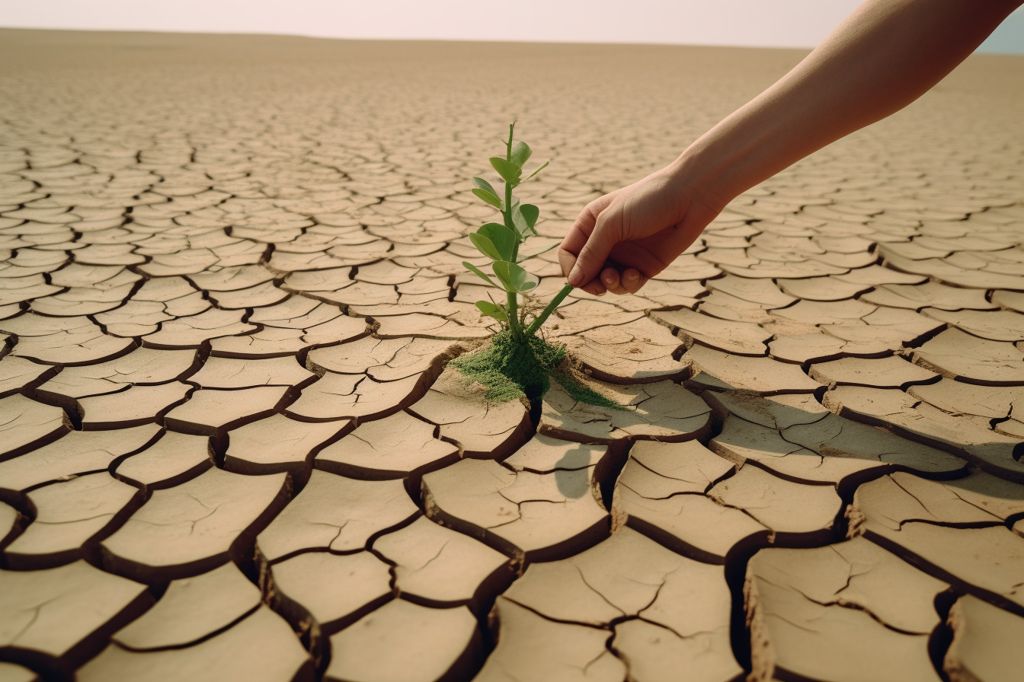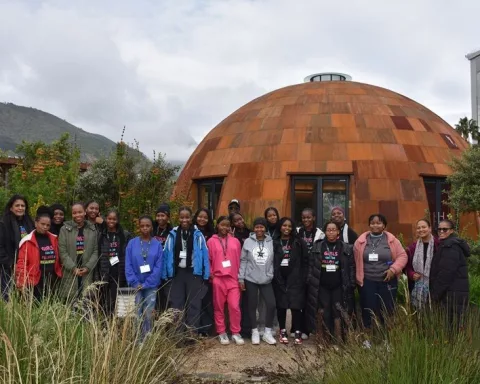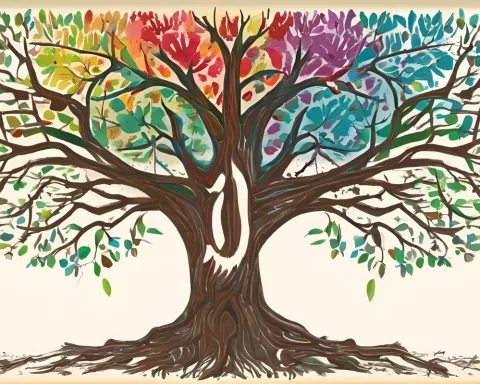Deputy Minister of Forestry, Fisheries, and the Environment, Ms. Makhotso Sotyu, urges South Africans to join the global community in commemorating Desertification and Drought Day 2023. This year’s campaign, under the theme “Her Land. Her Rights,” emphasizes the crucial role of women in land restoration and combating desertification.
The Importance of Women in Land Degradation
Women across the world face inequality, with limited access to and control over land resources. Despite this, women are essential in reversing land degradation. The theme of this year’s campaign highlights the importance of centering women in efforts to achieve Land Degradation Neutrality and other international goals.
Disproportionate Impact of DLDD on Women
Desertification, land degradation, and drought (DLDD) disproportionately impact the most vulnerable in society. According to a 2022 UNCCD study, women are twice as affected by DLDD, which increases the burden of unpaid care and domestic work for women and girls.
Land as a Fundamental Asset for Sustaining Livelihoods
Land is a fundamental asset for sustaining livelihoods and resilience, providing food, shelter, income, and social identity, as well as reducing vulnerability to food and water insecurity, hunger, and poverty, particularly in rural areas.
Addressing the Gender Gap in DLDD
Addressing the gender gap requires tackling poverty, inequality, unemployment, and violence against women. Participation and representation of women in decision-making processes at all levels are crucial issues to consider. Millions of rural women are ill-equipped to adapt to and cope with the devastating impacts of drought.
Gender-Responsive Approach to Programs, Policies, and Strategies
The vulnerability of women and children was revealed in the 2022 floods in coastal provinces KwaZulu-Natal and the Eastern Cape, which claimed over 400 lives. This calls for a more gender-responsive approach to programs, policies, and strategies to address DLDD.
Securing Women’s Access to Land and Financial Resources
Securing women’s access to land and financial resources for land-based economic activities is central to women’s economic empowerment and promotes opportunities for economic prosperity and independence.
Initiatives Promoting Women Empowerment
Initiatives such as the Jobs Fund in the environment sector and the Expanded Public Works Programme (EPWP) support projects and programs that promote environmental conservation and sustainable use while imparting skills to women. These initiatives provide employment opportunities for thousands of women and youth.
Raising Awareness for Women’s Contributions
Deputy Minister Sotyu calls on everyone to raise awareness of the disproportionate impact of DLDD on women and girls, the barriers they face in land-related decision-making, and women’s contributions to sustainable land management and the broader Sustainable Development Goals. By mobilizing global support, we can advance land rights for women and girls around the world and make a tangible difference in the fight against desertification and land degradation.












